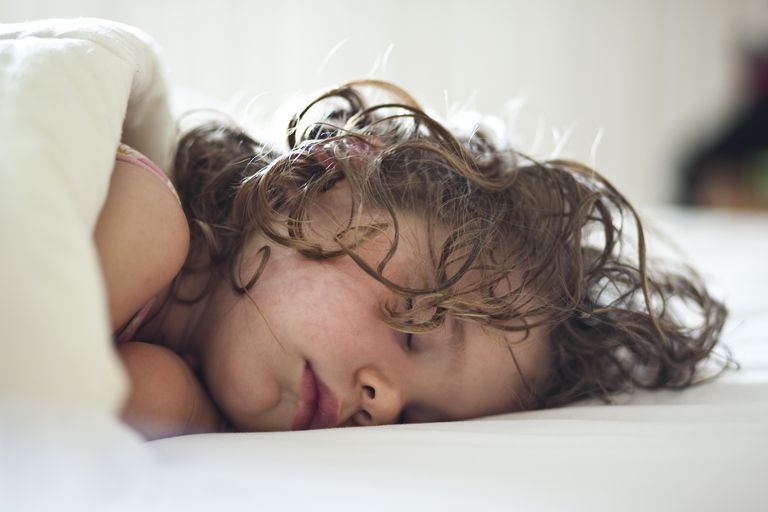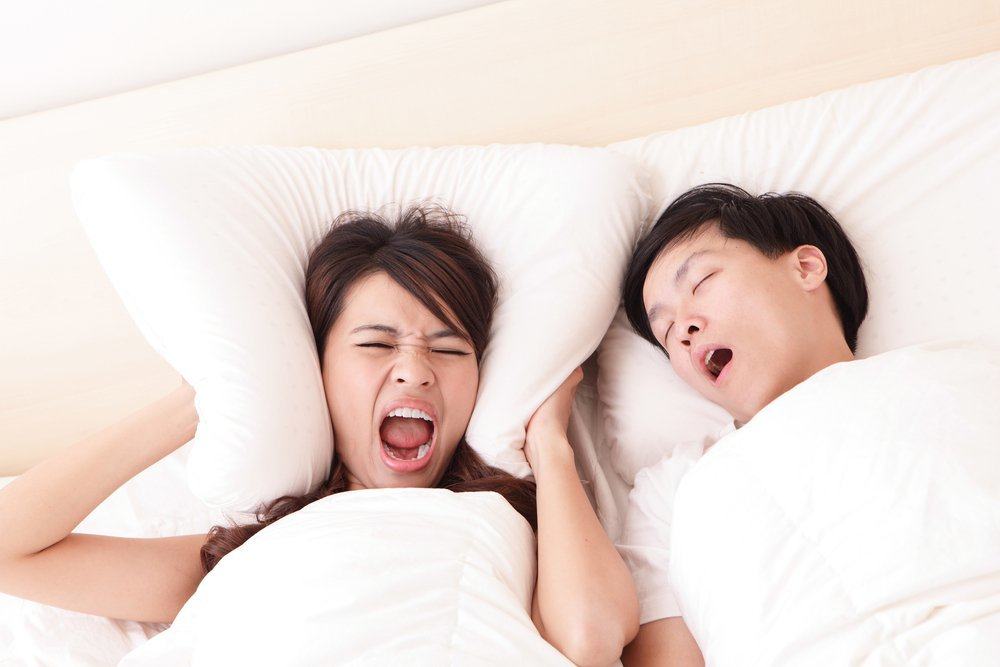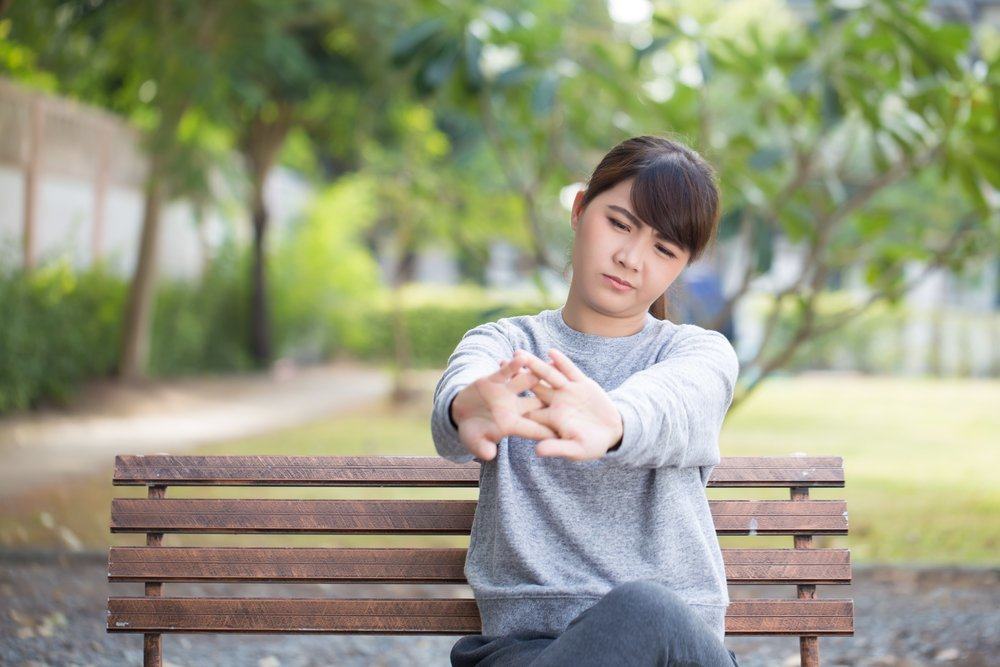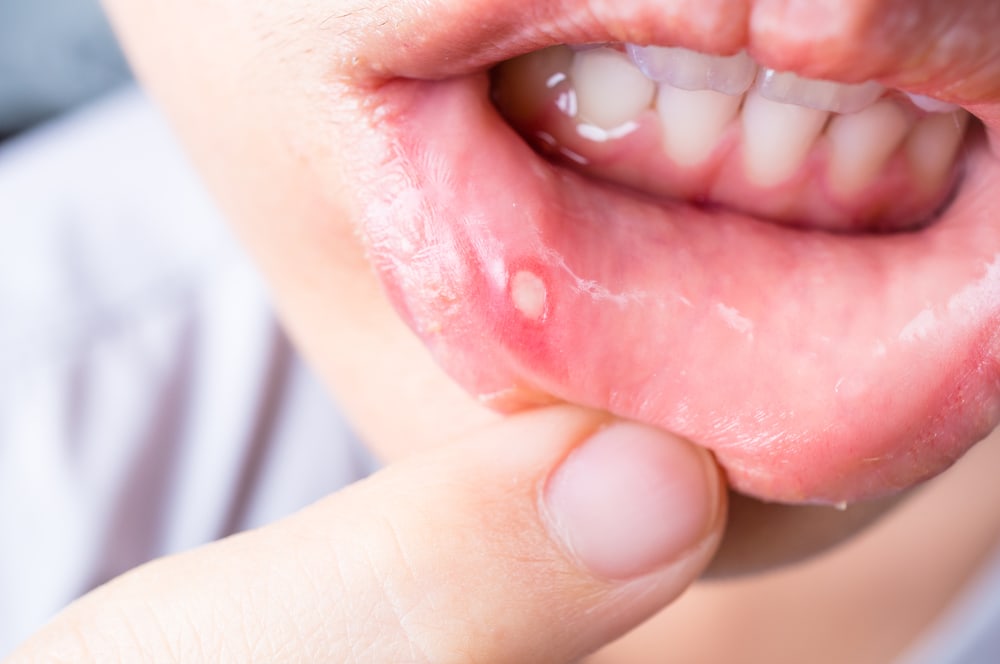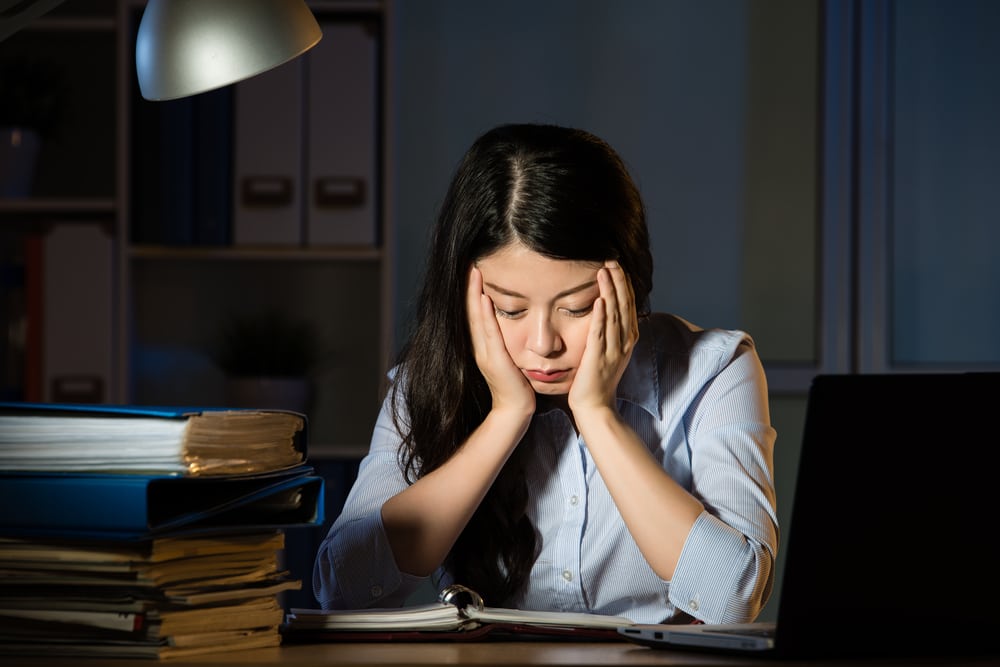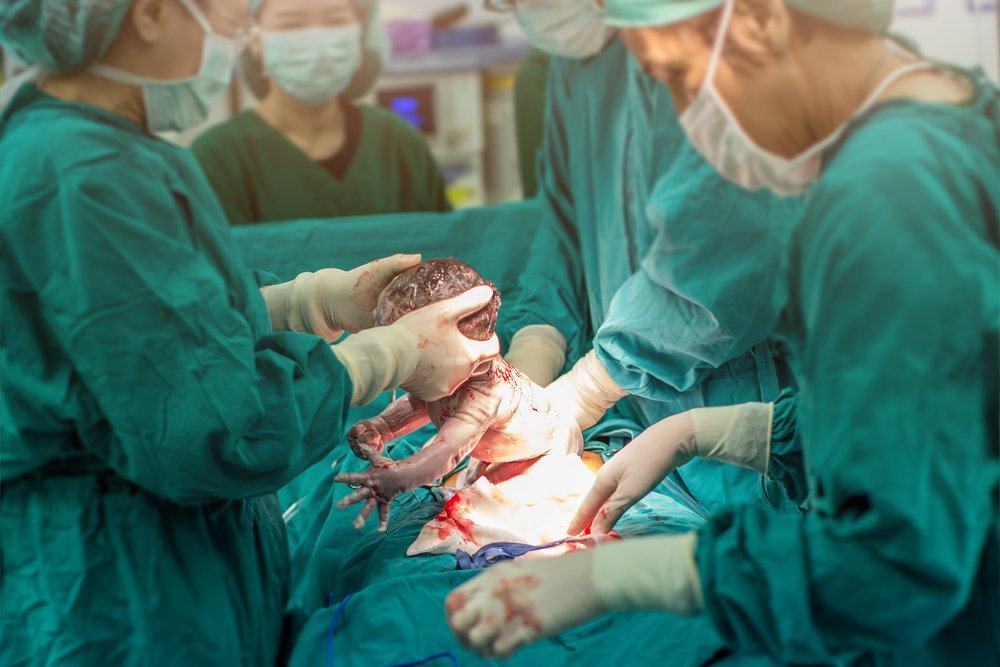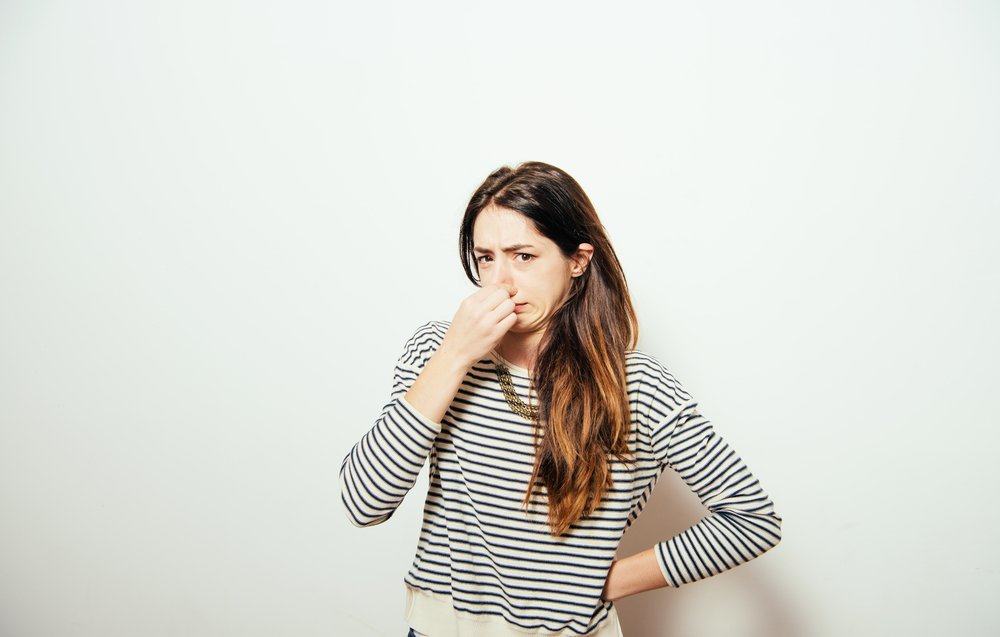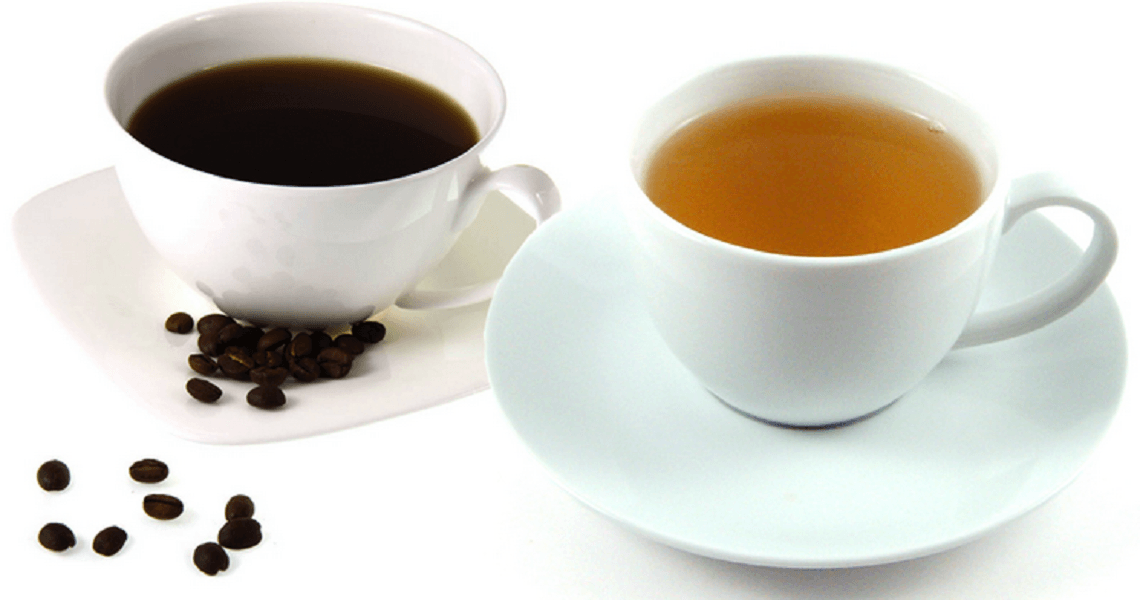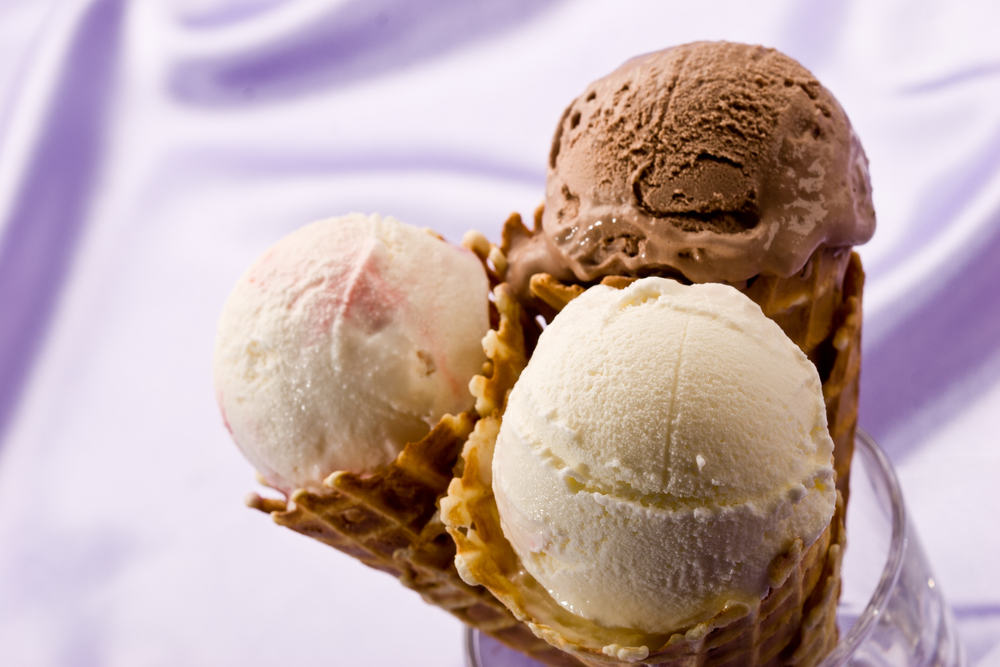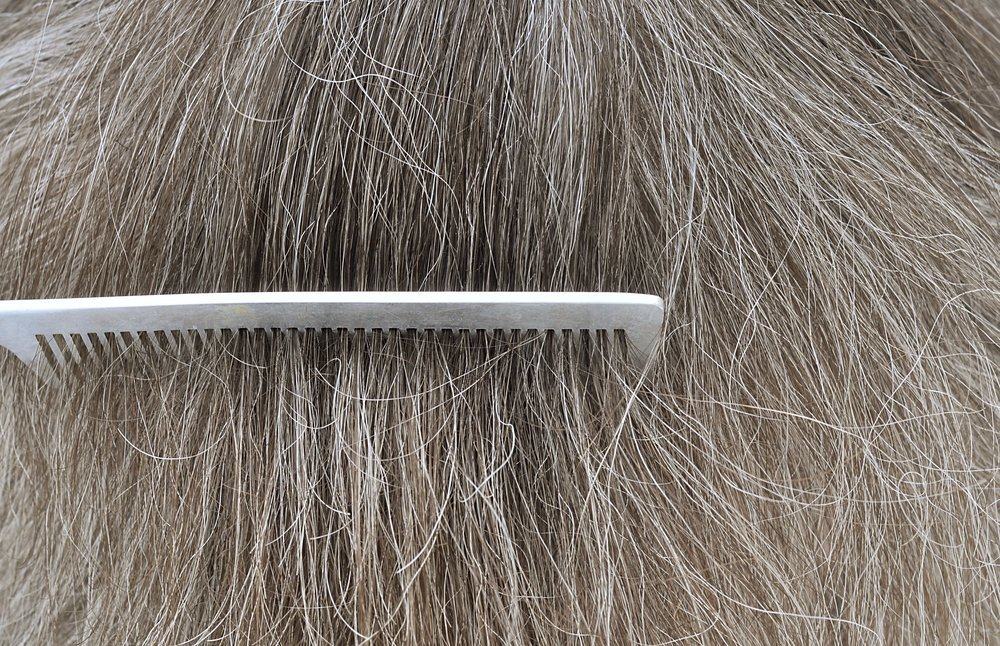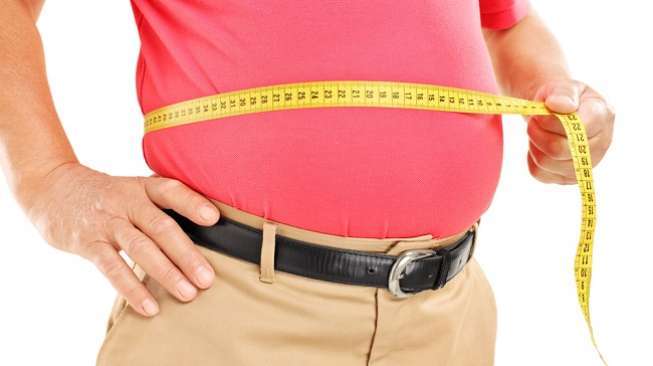Contents:
- Medical Video: Sleep Apnea in Children
- Overview of sleep apnea
- Signs of sleep apnea in children
- 1. Strong snoring
- 2. Sleep often while walking
- 3. Putting teeth together
- 4. Frequent bedwetting
- 5. Excessive sweating
- 6. Restless while sleeping
Medical Video: Sleep Apnea in Children
Sleep apnea more often experienced by adults, but does not rule out the possibility of children also can experience it. If not treated immediately, sleep apnea can have a negative impact on the child's health and growth later. This sleep disorder can cause sudden death. So, what are the signs of sleep apnea in children that parents should watch out for? Find out the answers in this article.
Overview of sleep apnea
Sleep apnea is a sleep disorder that causes breathing to stop during sleep due to a person's airway obstruction. The existence of these obstacles causes the flow of air to the lungs to stagnate so that the brain and other tissues and organs of the body do not get enough oxygen. This cessation of breath can cause a person to wake up suddenly with anger because they feel the sensation of suffocation. The average cessation of breath due to apnea occurs for 10-60 seconds. In extreme cases, breathing can stop every 30 seconds.
There are many things that can trigger a person to develop this disease. Starting from age (getting older, getting more vulnerable), sex (men are more at risk), abnormal shape and / or size of the airway (small jaw, large tongue, presence of tonsils, or narrow trachea), to conditions / underlying disease (asthma, polio, hypothyroidism, Down syndrome, up to obesity).
Signs of sleep apnea in children
1. Strong snoring
Fast snoring or snoring is the main sign of sleep apnea in children that you should be aware of. During sleep, the child's airway should be weak and widened, but sleep apnea causes constriction so that each child's breathing makes the tissue around his breathing pass vibrate, and produces a snoring sound. Most children who snore during sleep may never realize if they snore.
2. Sleep often while walking
Based on the survey results quoted from the page Very well it is known that out of 10% of people have habits sleep while walking (sleepwalking), most of them are children aged 3 to 10 years.
Although the cause of children sleeping while walking is difficult to know, but sleep apnea is suspected of being one of the main factors. The reason is, people who have sleep apnea often wake up several times during sleep. Well, this is what causes children to be more likely to make the habit of sleeping while walking.
3. Putting teeth together
Clenching teeth (bruxism) can also be a sign of sleep apnea in children. For some people, this bad habit occurs unconsciously while sleeping. Sleep apnea often occurs when soft tissues such as the tonsils, adenoids, and tongue in the back of the throat block the airway. Well, grinding these teeth might be one of the body's reflexes to keep the airway open.
The habit of grinding teeth that are still in the light stage does not require further treatment or treatment. However, in some cases, this bad habit can lead to deformity of the chin, headache, tooth decay, and other problems.
4. Frequent bedwetting
Children often have habit of bedwetting when sleeping. However, you should be aware if your child is over five years old, the frequency of bedwetting is still frequent. Because, this can be one sign of sleep apnea in children.
Bedwetting during sleep arises due to the inhibition of the production of anti-deuretic hormone (ADH) which serves to prevent your child from urinating at night. Well, if the hormone is not produced, it will make the child wet more often. In addition, sleep apnea will also make the child more sensitive to the bladder that is full quickly at night, so he is prone to bedwetting.
5. Excessive sweating
If you see your little pajamas, sheets, or blankets soaking wet in the morning even though the air conditioner or fan is on all night, this might be a sign that your child is struggling to breathe while sleeping at night. Sleep apnea causes a decrease in oxygen levels throughout the body due to obstruction of the airway. This breathing difficulty can cause a child's blood pressure to rise unnoticed and increase the production of stress hormones which can cause it to sweat a lot.
6. Restless while sleeping
Restless sleep is also a sign of sleep apnea in children. Because the difficulty of breathing made him reflex to continue to look for the most comfortable sleeping position for him to breathe better. In addition, you might be able to find your child sleeping in a strange position from most people.
If you are worried that your child may have signs of sleep apnea as mentioned above, immediately consult a pediatrician. This is done so that the child can immediately get the right treatment.

